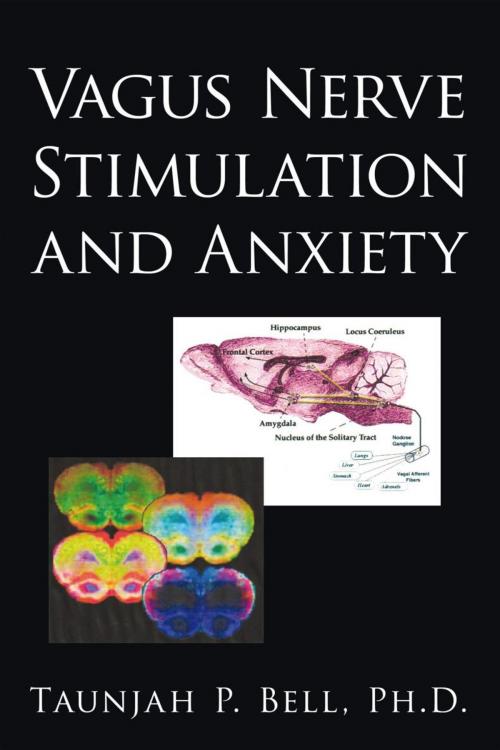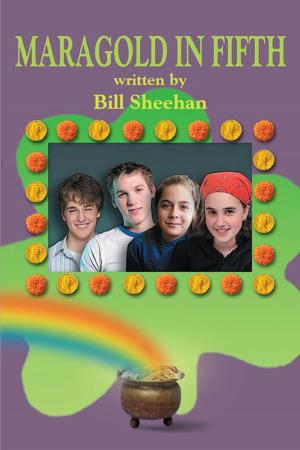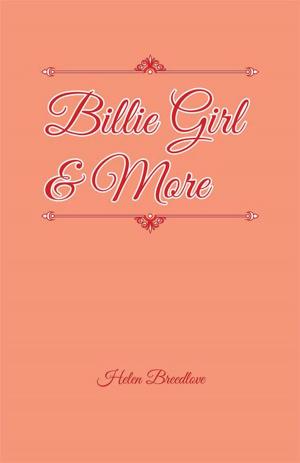Vagus Nerve Stimulation and Anxiety
Nonfiction, Health & Well Being, Medical, Medical Science, Biotechnology, Specialties, Internal Medicine, Neuroscience, Ailments & Diseases, Mental Health| Author: | Taunjah P. Bell Ph.D. | ISBN: | 9781450242875 |
| Publisher: | iUniverse | Publication: | August 5, 2010 |
| Imprint: | iUniverse | Language: | English |
| Author: | Taunjah P. Bell Ph.D. |
| ISBN: | 9781450242875 |
| Publisher: | iUniverse |
| Publication: | August 5, 2010 |
| Imprint: | iUniverse |
| Language: | English |
In 1997, Vagus Nerve Stimulation (VNS) therapy (Cyberonics, Houston, Texas) was approved by the United States Food and Drug Administration for the treatment of epilepsy refractory to antiepileptic medications. In 2005, VNS received FDA approval for treatment-resistant depression refractory to antidepressants, and Cyberonics recently received FDA approval for the clinical study of VNS for rapid cycling bipolar depression. Many researchers continue to investigate the anxiolytic effects of VNS in human and non-human animal models. The author presents a study of VNS effects on anxiety and the capacity of atropine methyl nitrate to attenuate these effects. The results indicate that VNS decreases anxiety in the laboratory animals tested. These findings provide evidence to support the testing and subsequent use of VNS therapy for the treatment of clinical anxiety in humans. Because many therapies that are effective in the treatment of depression effectively treat anxiety, VNS therapy should be effective and approvable for clinical anxiety. This book can serve as a research tool, training mechanism, or surgical guide to the implantation of the vagus nerve stimulating electrode in the laboratory rat. Hopefully, this resource provides information that facilitates FDA approval of VNS for treatment-resistant anxiety, a chronic, devastating and often debilitating illness.
In 1997, Vagus Nerve Stimulation (VNS) therapy (Cyberonics, Houston, Texas) was approved by the United States Food and Drug Administration for the treatment of epilepsy refractory to antiepileptic medications. In 2005, VNS received FDA approval for treatment-resistant depression refractory to antidepressants, and Cyberonics recently received FDA approval for the clinical study of VNS for rapid cycling bipolar depression. Many researchers continue to investigate the anxiolytic effects of VNS in human and non-human animal models. The author presents a study of VNS effects on anxiety and the capacity of atropine methyl nitrate to attenuate these effects. The results indicate that VNS decreases anxiety in the laboratory animals tested. These findings provide evidence to support the testing and subsequent use of VNS therapy for the treatment of clinical anxiety in humans. Because many therapies that are effective in the treatment of depression effectively treat anxiety, VNS therapy should be effective and approvable for clinical anxiety. This book can serve as a research tool, training mechanism, or surgical guide to the implantation of the vagus nerve stimulating electrode in the laboratory rat. Hopefully, this resource provides information that facilitates FDA approval of VNS for treatment-resistant anxiety, a chronic, devastating and often debilitating illness.















